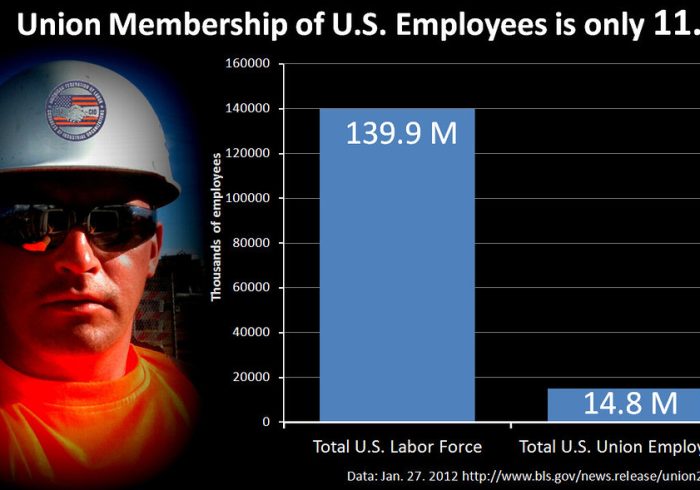Australia has seen a growing movement in support of a ban on daytime gambling advertisements. This comes as the country grapples with a rising number of problem gamblers and concerns about the impact of gambling on vulnerable populations.
The push for a ban on daytime gambling ads has been led by a number of advocacy groups, including the Alliance for Gambling Reform and the Australian Medical Association. These groups argue that daytime gambling ads are particularly harmful because they are more likely to be seen by children and young people, who may be more susceptible to the lure of gambling.
In addition to concerns about the impact of gambling on young people, there is also growing evidence that gambling can have a negative impact on mental health. Studies have shown that problem gamblers are more likely to suffer from depression, anxiety, and other mental health issues.
Despite these concerns, there has been resistance to a ban on daytime gambling ads from some quarters. The gambling industry has argued that such a ban would be unfair and would harm their ability to advertise their products to potential customers.
However, supporters of a ban argue that the harm caused by gambling far outweighs any benefits that may be gained from advertising. They point to the fact that problem gambling is a major public health issue in Australia, with an estimated 200,000 people suffering from gambling addiction.
In response to these concerns, the Australian government has taken steps to limit the impact of gambling advertising. In 2018, new regulations were introduced that banned gambling ads during live sports broadcasts before 8:30 pm. However, this has not gone far enough for many advocates, who argue that more needs to be done to protect vulnerable populations from the harms of gambling.
Overall, the debate over a ban on daytime gambling ads is likely to continue in Australia for some time. While there is growing support for such a ban, there are also powerful interests that are opposed to it. Ultimately, it will be up to policymakers to weigh the evidence and make a decision about what is in the best interests of the Australian public.



